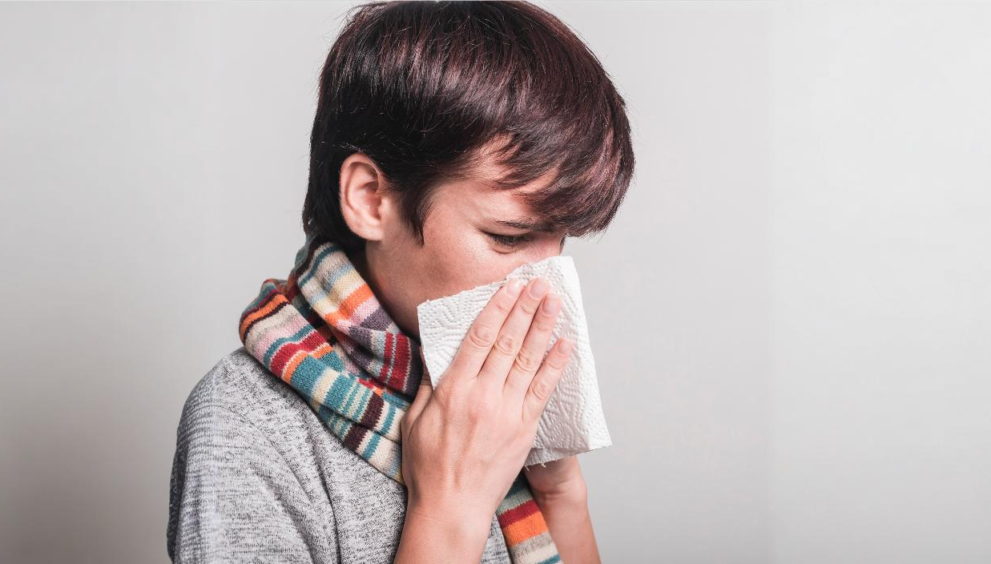Influenza vaccines are a lifesaver against severe flu, says WHO expert
The WHO administers nearly one billion influenza vaccine doses annually to combat severe illness and death
Author
Author
- admin / 1 year

- 0
- 4 min read

Author
The World Health Organization (WHO) has highlighted influenza vaccines as the most effective tool against severe illness and death, with nearly one billion doses administered globally each year. Dr. Shoshanna Goldin, from WHO’s World Health Emergencies Programme, emphasized the need to stay ahead of the constantly evolving virus during a recent broadcast, underscoring the critical role of the Global Influenza Surveillance and Response System in monitoring strains and guiding vaccine updates.
“The influenza virus is complex and it’s always changing. Our best tool to protect against severe influenza, illness, and death is the vaccine,” Dr. Goldin said.
“So, what this means is that we are always in a race between the influenza virus and keeping our vaccine up to date. Over the last seventy years, we’ve developed a sophisticated network to allow us to keep up with the virus’ evolution,” he added.
Global Influenza Surveillance and Response System is a network of more than one hundred and fifty laboratories in one hundred and thirty countries around the world. These laboratories, Dr. Goldin said, are collecting influenza virus samples, analyzing what strains of influenza are circulating, and sharing that information back with WHO.
“Twice a year, WHO convenes global experts to analyze this data and determine what influenza strains are predominantly circulating and should be included in the next influenza vaccine,” he said.
Dr. Goldin stressed that seasonal influenza is serious, as it causes up to five million hospitalizations each year and is estimated to cause 650 thousand respiratory-derived deaths alone.
“That’s quite a significant global health burden,” he said. “The people who should be vaccinated to protect themselves against this virus are the people who are most likely to get severe disease or die from an influenza complication.”
These include people like your elderly parents-older adults, pregnant women, people with chronic conditions such as underlying heart issues, lung issues, diabetes, obesity, or compromised immune systems because of a virus such as HIV or cancer, Dr Goldin said.
“WHO does also recommend that health workers be vaccinated against influenza each year because they are exposed to so much influenza through their workplace,” he pointed out.
The influenza vaccine, Dr Goldin said, is very safe as it has been used for more than seventy years around the world.
While encouraging timely vaccination Dr. Goldin said it was not too late to get vaccinated.
“The season for influenza lasts several months. While we do recommend that you get vaccinated as early in the season as possible to protect yourself throughout the full duration, you could be vaccinated now and protect yourself from the peak,” he explained, adding that it takes about two weeks for the influenza vaccine to develop full immunity to influenza. “So, it’s better to get vaccinated now and not wait any longer. When you go off to get vaccinated, if you’re eligible, you could also get influenza and COVID-19 vaccination in your same visit.”
Other ways one can protect oneself from seasonal influenza is by washing your hands regularly, staying in well-ventilated areas, and if you’re medically vulnerable, consider wearing a mask, such as in a crowded setting.
“But it’s important to remember that our best tool to protect against severe influenza and death is actually the vaccine,” Dr Goldin said. “Getting vaccinated every year can help to keep you safe.”
Also read: 17 disease outbreaks in 2024 warn of rising pandemic threat: report – First Check









